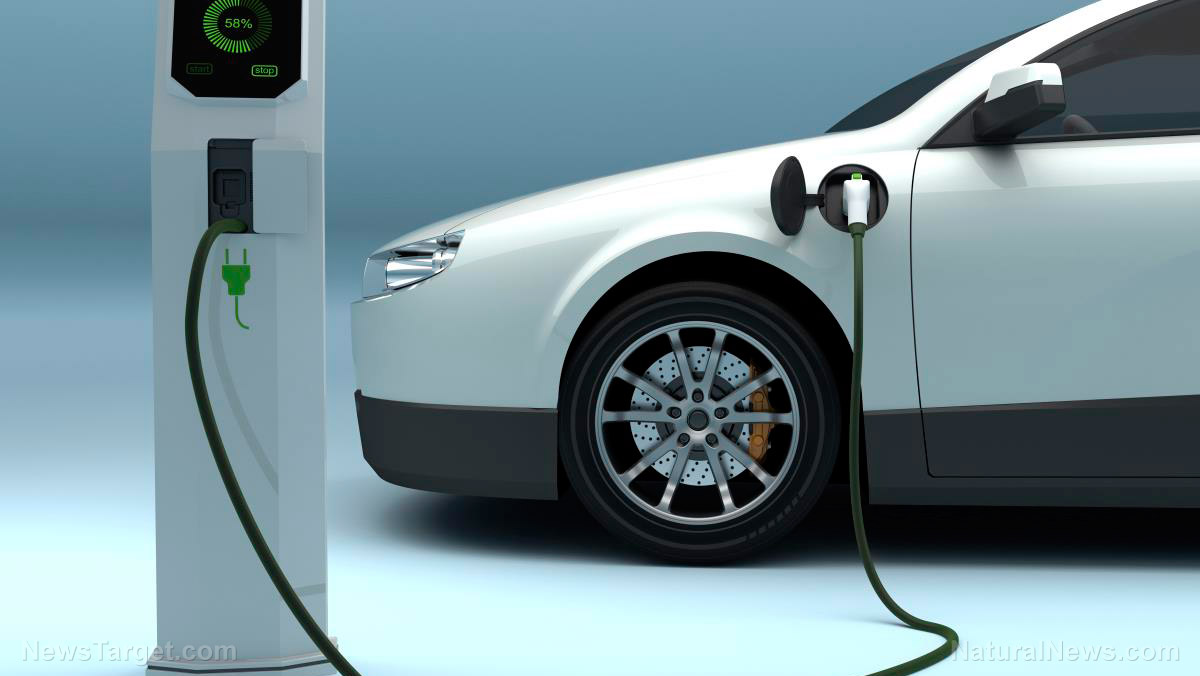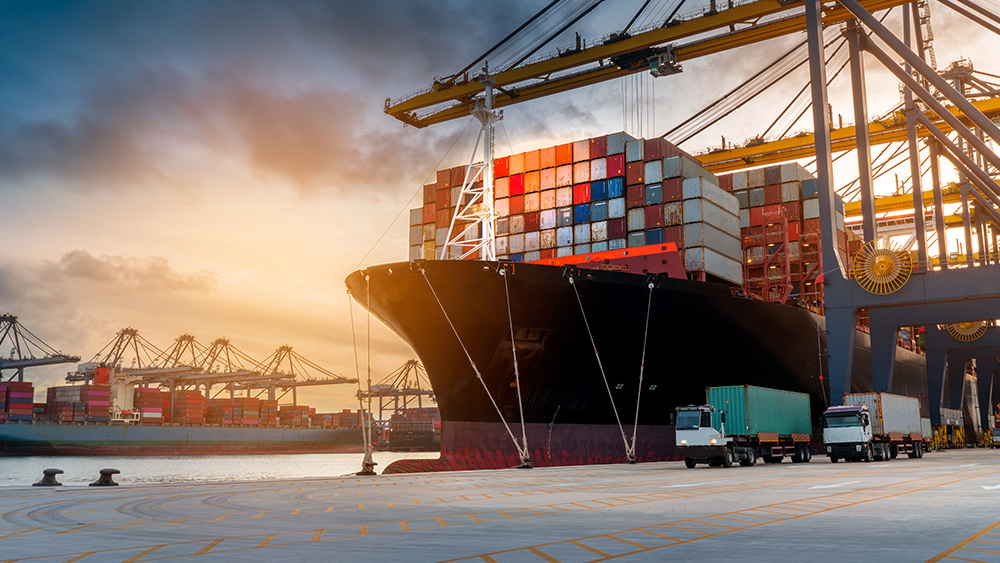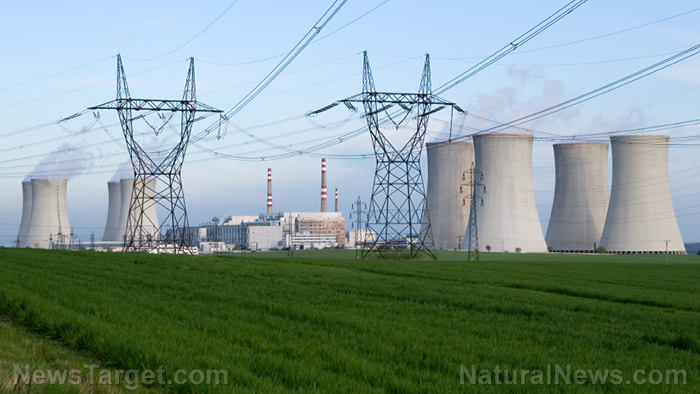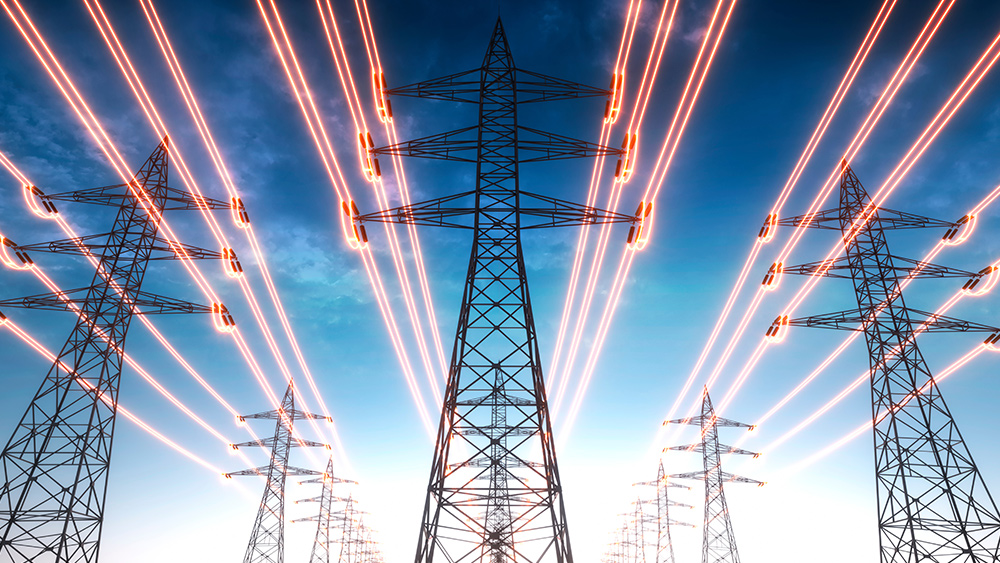Russia to increase oil supplies to India under new deal
04/03/2023 / By Ramon Tomey
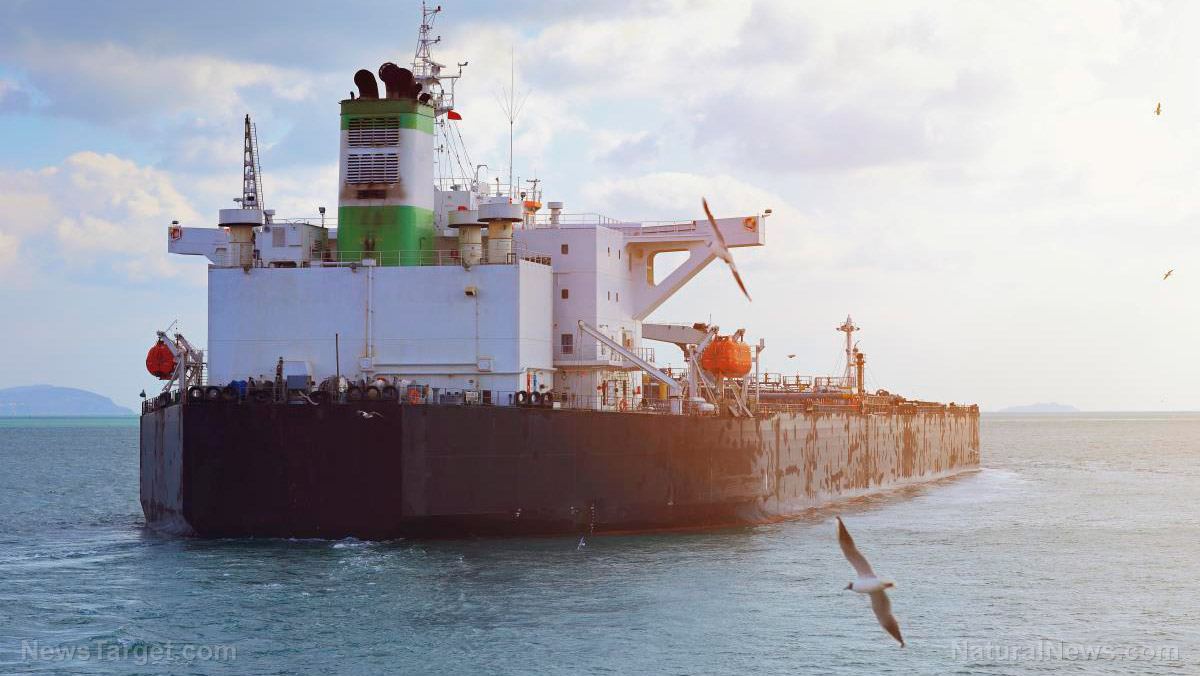
Russia has agreed to increase oil supplies to India under a new deal, further chipping away at the dominance of the petrodollar.
Russian oil firm Rosneft confirmed the agreement in a March 29 statement. According to the statement, company CEO Igor Sechin signed a deal with the Indian Oil Corporation Limited (IndianOil) “to substantially increase oil supplies as well [as] diversify the grades to India.”
Representatives for both companies also discussed the “possibilities of making payments in national currencies” – the Indian rupee and the Russian ruble – pointing to Moscow’s efforts to de-dollarize its economy. However, Rosneft did not specify the volumes or the value of the oil supplies it agreed upon with IndianOil.
According to the Hindu, the announcement of the Rosneft-IndiaOil deal came a day after Russian Deputy Prime Minister Alexander Novak’s proclamation that Moscow’s oil sales to New Delhi had surged more than 20-fold in 2022. A major producer and a key ally of the Organization of the Petroleum Exporting Countries, Russia cut crude production by 500,000 barrels per day in March of this year in response to Western sanctions.
Writing for the New American, activist and writer Luis Miguel pointed out that India’s priority “is ensuring its own country’s energy independence” and not virtue-signaling against Russia’s actions in Ukraine. He added: “Notably, India has not criticized Russia over the Ukraine War and has declined joining in Western sanctions against Moscow.”
“India is the world’s third-largest importer of crude oil, and began to increase its share of Russian oil imports after the war broke out in Ukraine. This development has come even as the G-7’s [Group of Seven] price cap on Russian oil took effect last year.”
Miguel ultimately remarked: “In other words, like every other country on earth – India is more interested in its own self-interest than it is in supporting the Western establishment’s globalist ideals. What does New Delhi care about Ukraine and the West’s demonization of Russia so long as it gets the oil it needs to keep its country running?”
India a ready market for Russian oil after Western sanctions
Back in December of last year, Reuters reported that India readily bought Russian crude at prices lower than the G-7 cap of $60 per barrel for seaborne crude. It followed the European Union’s ban on oil imports from the country, which began on Dec. 5, 2022. As a result, Russian oil producers were forced to look for alternative markets that would purchase their products. (Related: China, India buying Russian crude at 40% discount compared to EU nations.)
Nevertheless, Moscow has stressed it will not abide by the price cap even if it has to cut production of its signature Urals crude. This has left Russian oil producers sending their output to alternative markets and lowering prices to find buyers.
According to Reuters, India is the second-largest consumer of oil in Asia after China. However, the South Asian country is better located to buy Russian crude due to a shorter transport route. Indian refineries are also well-suited to processing Urals crude, and the country also recognizes ships and insurance from Russian entities that are no longer recognized in Europe.
A source with an Indian refiner who requested anonymity said: “The market is full of Urals; there is plenty. Many traders are offering Urals cargoes for both December and January delivery.” Data from trade sources also attested to this, pointing out that Russia superseded Iraq as the biggest oil supplier to India in November 2022.
Visit FuelSupply.news for more stories about India’s procurement of Russian oil.
Watch this video where former National Economic Council Director Larry Kudlow remarked that Russia’s oil production is at pre-war levels because of China and India.
This video is from the NewsClips channel on Brighteon.com.
More related stories:
Russia to halt oil exports to nations that impose price cap on Russian crude.
US-EU price cap on Russian oil threatens India’s crude imports and economic growth.
Circumventing sanctions: Oil shippers are hiding Russian crude by ‘going dark’ to avoid backlash.
Sources include:
Submit a correction >>
Tagged Under:
big government, bubble, economic riot, energy supply, finance riot, fuel supply, India, Indian Oil Corporation Limited, market crash, power, power grid, price cap, risk, Rosneft, Russia, Russia-Ukraine war, Russian crude, supply chain, Urals crude, Western sanctions
This article may contain statements that reflect the opinion of the author
RECENT NEWS & ARTICLES
NewEnergyReport.com is a fact-based public education website published by New Energy Report Features, LLC.
All content copyright © 2018 by New Energy Report Features, LLC.
Contact Us with Tips or Corrections
All trademarks, registered trademarks and servicemarks mentioned on this site are the property of their respective owners.



